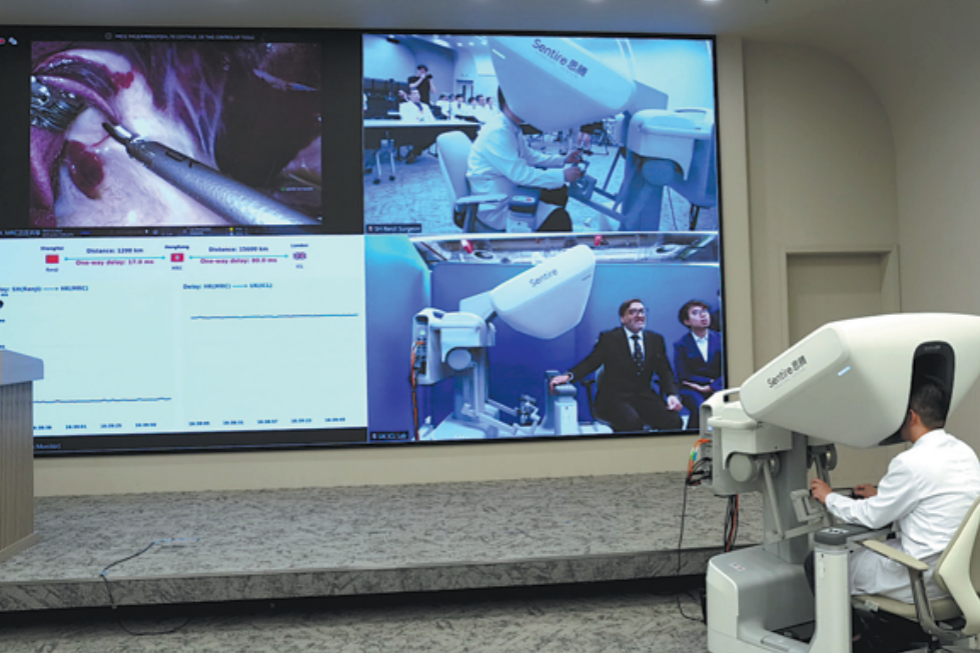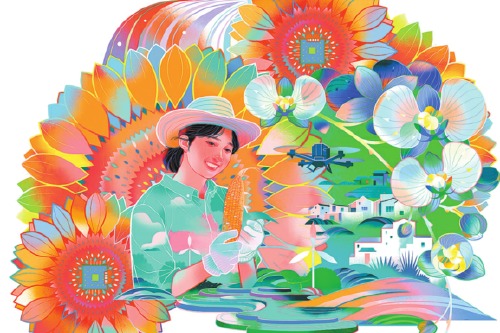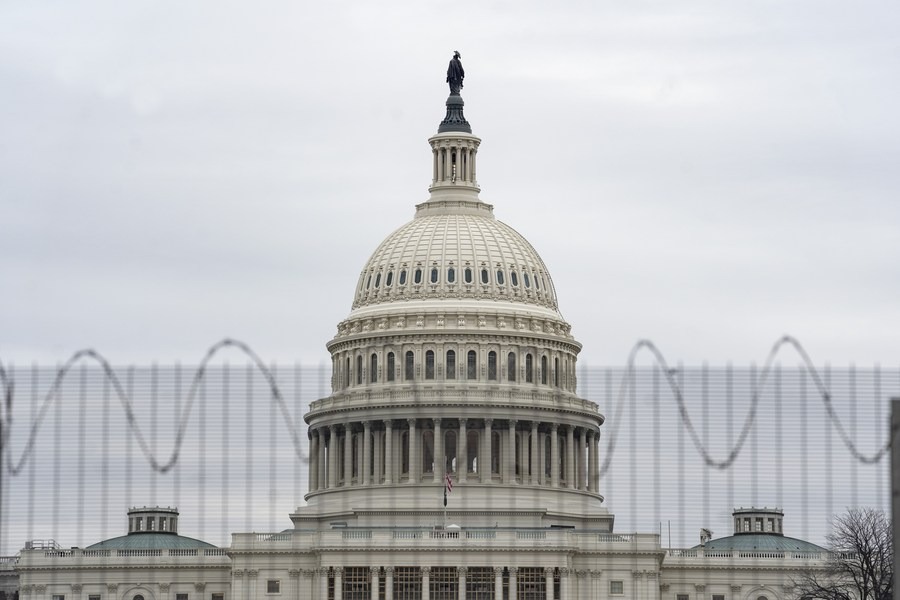A new genie in the old bottle


Politicizing novel coronavirus another symptom of China-US mutual distrust
From Jan 23 until now, Wuhan's 10-million-plus residents have been under quarantine due to the outbreak of a novel coronavirus. This dramatic measure highlights the Chinese government's determination to contain the spread of the virus.
The WHO issued "Best Practices for the Naming of New Human Infectious Diseases" in May 2015, which aims to "minimize unnecessary negative impact of disease names on trade, travel, tourism or animal welfare, and avoid causing offense to any cultural, social, national, regional, professional or ethnic groups". The naming guideline calls for avoiding geographic locations, people's names, species of animal or food, cultural, population, industry or occupational references, and terms that incite undue fear.
Following the guideline, the WHO has named the disease COVID-19(Coronavirus Disease 2019) on Feb 11, 2020.
Although the first cases of COVID-19 were identified in Wuhan, the capital city of Hubei province, the virus should not be called the "Wuhan virus" or "Chinese virus", according to the WHO's naming guideline, because doing so might lead to racism and xenophobia targeting the Chinese. That's why the Chinese Ministry of Foreign Affairs has called such labeling "highly irresponsible".
Yet despite the best naming practices recommended by the WHO and strong objections from Beijing, a small number of US politicians have adopted the worst practices by repeatedly calling it "Wuhan virus" or "Chinese virus".
The year 2020 began with auspicious signs for China-US relations, as the two governments signed phase-one agreement on Jan 15 that put an end to the 18-month-long bilateral trade war. The outbreak of the novel coronavirus was initially hailed as an opportunity for the two countries to enhance joint efforts to deal with a nonconventional security threat. As late as March 1, the Chinese embassy in Washington declared on its website that it had spared no effort in promoting China-US cooperation in the fight against the virus. Yet in mid-March, instead of cooperation, the bilateral relationship is clearly defined by escalating tensions. At the same time, the novel coronavirus has become a global pandemic, forcing many governments to close borders and airspace and implement domestic travel bans.
A virus is color blind, to borrow the words of John Marshall Harlan, a former US Supreme Court Justice. It does not discriminate on the basis of skin color, religion, or socioeconomic status. It has no ideological bias. It recognizes no national boundaries.
Yet unfortunately the novel coronavirus has been increasingly politicized by some US politicians in the shadow of geopolitical rivalry, economic competition, and ideological confrontation between the world's two most powerful countries. It has evolved to be fertile ground for outlandish conspiracy theories that imagine each as an existential threat to the other.
Using Chinese or Wuhan to tag the virus may be a good way to shift political responsibility for a government's woefully inadequate responses to the virus, but doing so neither cures infected patients nor prevents the spread of the virus. While Chinese leaders were preoccupied with bringing the pandemic under control, few foreign policymakers bothered to think about how to manage a similar public health crisis. No wonder the Trump administration seems totally unprepared for the quick spread of the virus within the US, while China is now processing many more imported cases from other countries than indigenous cases. Those who do not learn lessons from others surely pay a dear price.
Into the old bottle of China-US mutual distrust has been put a new genie. The genie is not a cause of mutual distrust, but politicizing it is certainly an effect of that distrust. To borrow from Thomas Friedman, one way to look at the bilateral relationship in the Trump era is to divide it into two periods, BC(before COVID-19) and AC (after COVID-19). There will surely be many more genies in the AC period, and the old bottle may soon explode, unless both Beijing and Washington rethink their assumptions and beliefs about the other and about themselves, and readjust their respective policies accordingly and immediately. In the long run, political distrust is a far more dangerous virus than COVID-19 or its variants.
The author is professor and dean at the School of International Relations and Diplomacy at Beijing Foreign Studies University. The author contributed this article to China Watch, a think tank powered by China Daily. The views do not necessarily reflect those of China Daily.


































